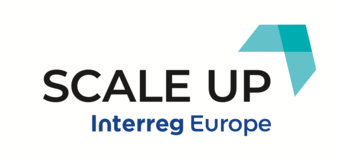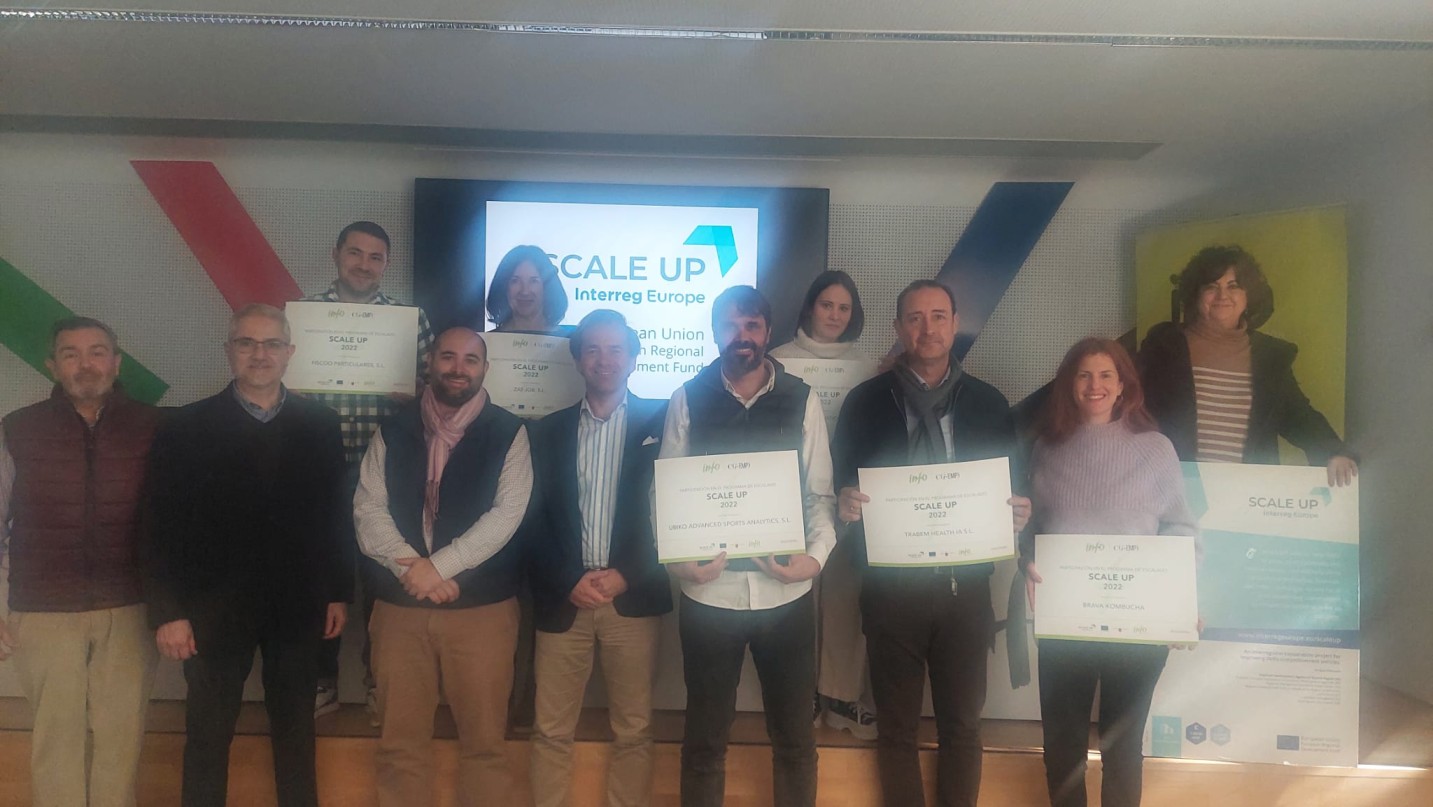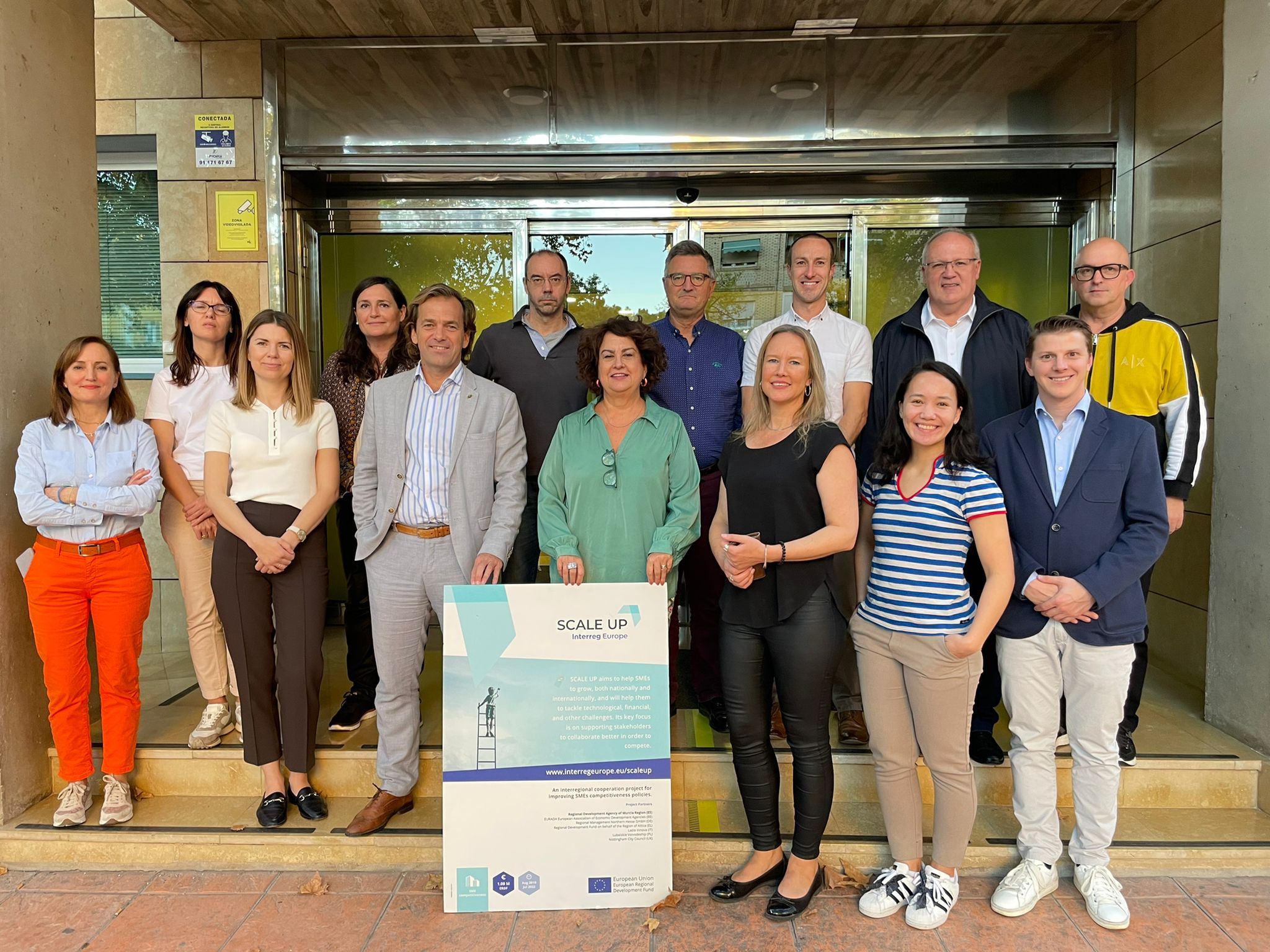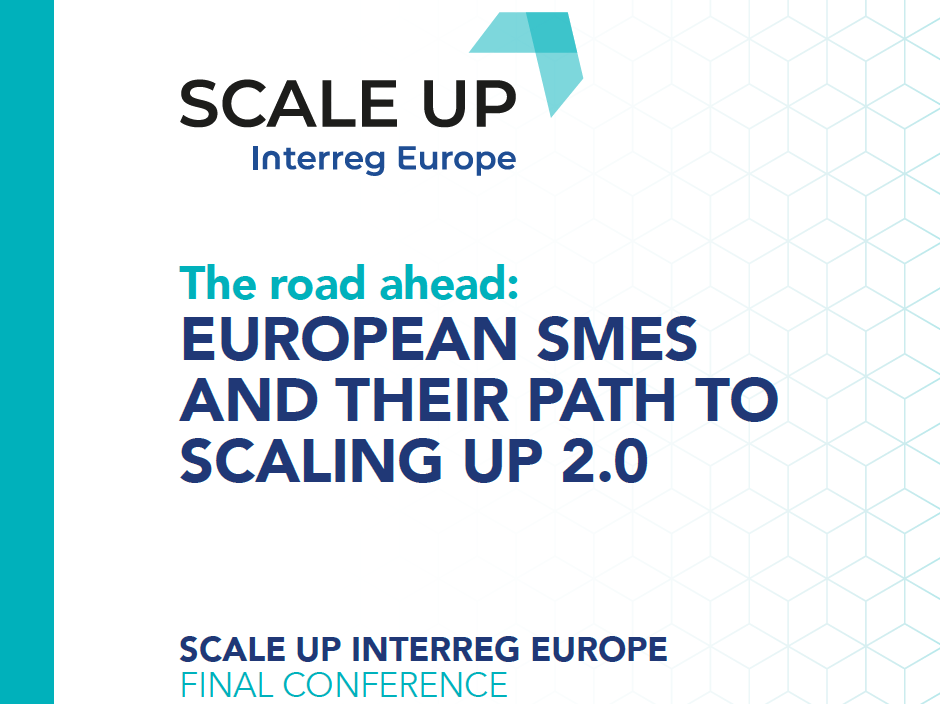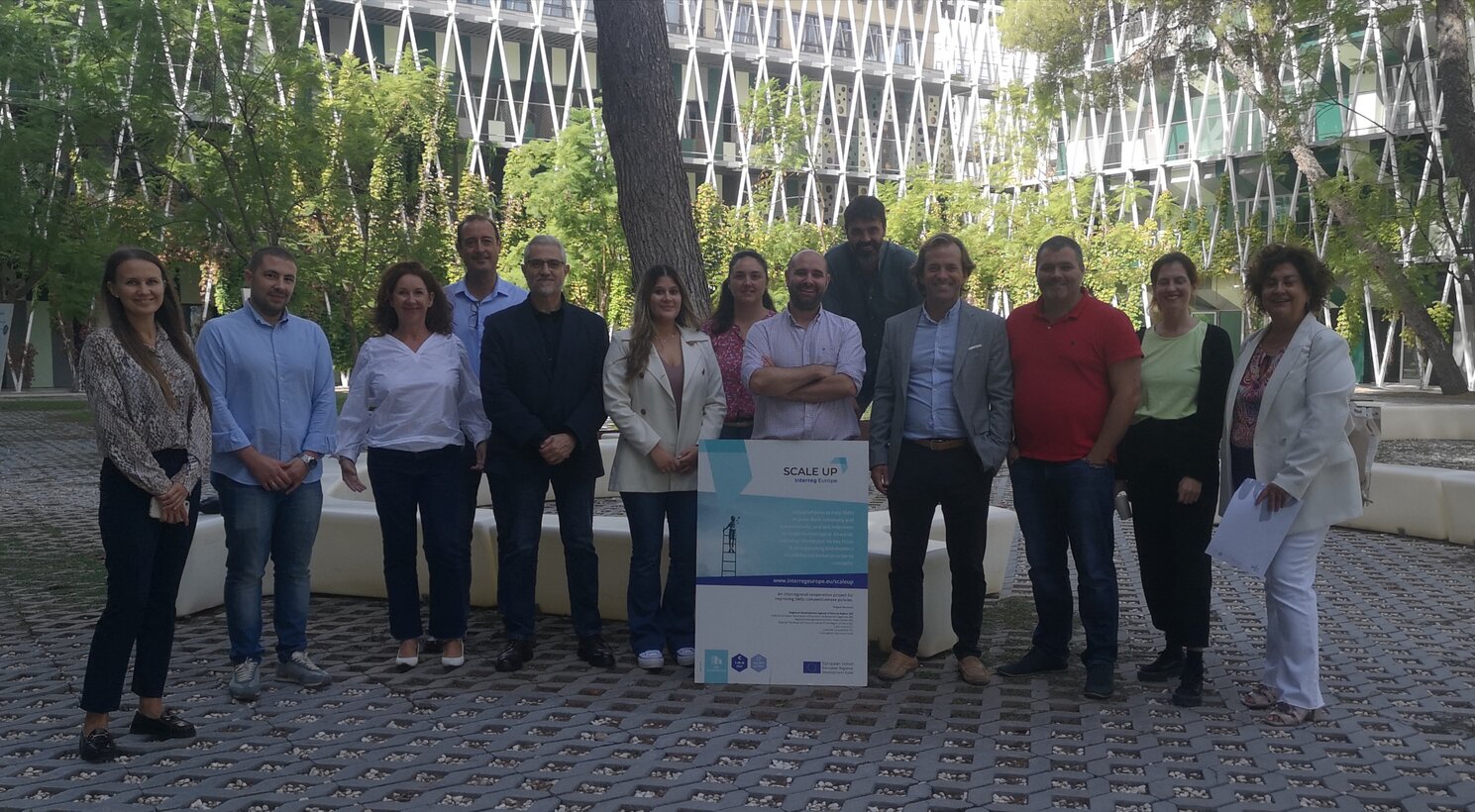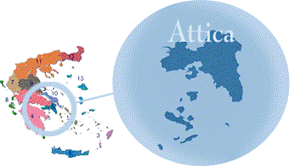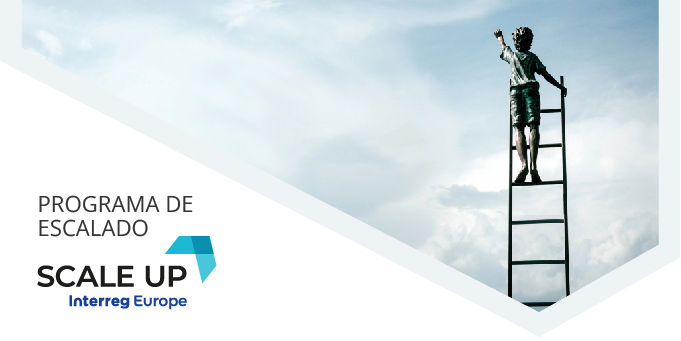Impact management, a Boost for Scaling up
An additional perspective for the implementation of good practices in support of business growth
On 15 December, the Scale Up project through Lazio Innova and Italia Camp organised the project’s last online event entitled "Impact management, to boost for scaling up". The seminar touched on how impact management can be useful in supporting the expansion of any type of organization.
During the conference, Ilaria Corsi from Lazio Innova presented the Interreg Europe Scale Up project, its mission to improve policy instruments that support the capacity of SMEs to develop at regional and national levels.
The presentation was followed by Giacomo Frisanco from EURADA who presented the results of a study conducted by EURADA in the framework of the Scale Up project, which analyzed the impact of the pandemic on the expansion of small and medium-sized enterprises. Before Covid, businesses were concerned about innovation, lack of skilled labor, finance, globalization, while after Covid the priorities are digitalization and policy support.
Gabriella Barone from Italia camp then proceeded with an introduction to the reasons why talking about impact is important in changing companies. First, sustainability analysis has become a relevant discriminating factor in investment options and can therefore influence the growth and development of an organization. This trend is also confirmed by a report published by the Impact Working Group which describes a specific way to encourage the orientation of public and private capital in impact projects and to strengthen their capacity to set financial targets directed towards the impact.
Professor Cristiano Busco from Luiss Business School and University of Roehampton then defined the concept of “impact” and its difference from sustainability. He also presented a theoretical model of impact management which an organization could implement during the scaling process to intentionally integrate the issue of impact into the management of the organization. To close, he focused on the following 4 aspects: model objective, strategy, innovation and evaluation.
Helen Chiappini, from Gabriele d’Annunzio University, introduced a brief overview of public and private impact funds, the different approach of a fund that also considers impact in its investment strategy, she started by presenting the logics driving fund establishment and explaining the main choices: legal structure, the capital structure and insisting on investment strategy and impact measurement, and the importance of management team. Finally, the opportunities and limitations that a fund must consider when selecting investments.
The last speaker of the webinar was Elisabetta Scognamiglio, Head of Communities Domain at Italiacamp. She presented the main results about a study conducted by Italiacamp in collaboration with the University of Magna Grecia on 300 Italian startups in different market sector. The research tried to answer one question: the Italian startups are ready or not to receive impact capitals? The goal of the research is to explore the impact readiness of startup ventures that are not “impact-oriented” by definition or self-identification. Evaluate how much the startup investigate consider themselves ready to receive an impact investment considering three main features to talk about the impact for an organization by: Intentionality, Measurability and Impact “propensity”. Finally, the results reveal a high score also for respondents belonging to business sectors not traditionally impact-oriented, such as Artificial Intelligence, Smart Mobility, Healthcare, and Agritech.
The event was followed by a question-and-answer session. Many questions were made, but one in particular was very interesting. Ilaria Corsi asked whether the size of a company could be a determining factor in scaling, since an impact approach must be balanced with the benefits and what are the suggestions, in the framework of a European project called Scale Up, to change something in our policy instruments in order to spread the culture of impact. Elisabetta Scognamiglio believes that each stakeholder must be connected through an evaluation framework, it is also necessary that universities give a dynamic methodology on the topic of impact for the younger generations, additionally, investors should contribute to this framework in a concrete way. Businesses of all sizes should have a better understanding of how the framework works.
In the end, the presentations and information shared by the experts at the conference, as well as the consortium’s presentations related to their action plans, provide an overview of the possible future of SMEs emerging from the pandemic. The Scale Up project continues with its second phase as the consortium partners send their plans into action.
